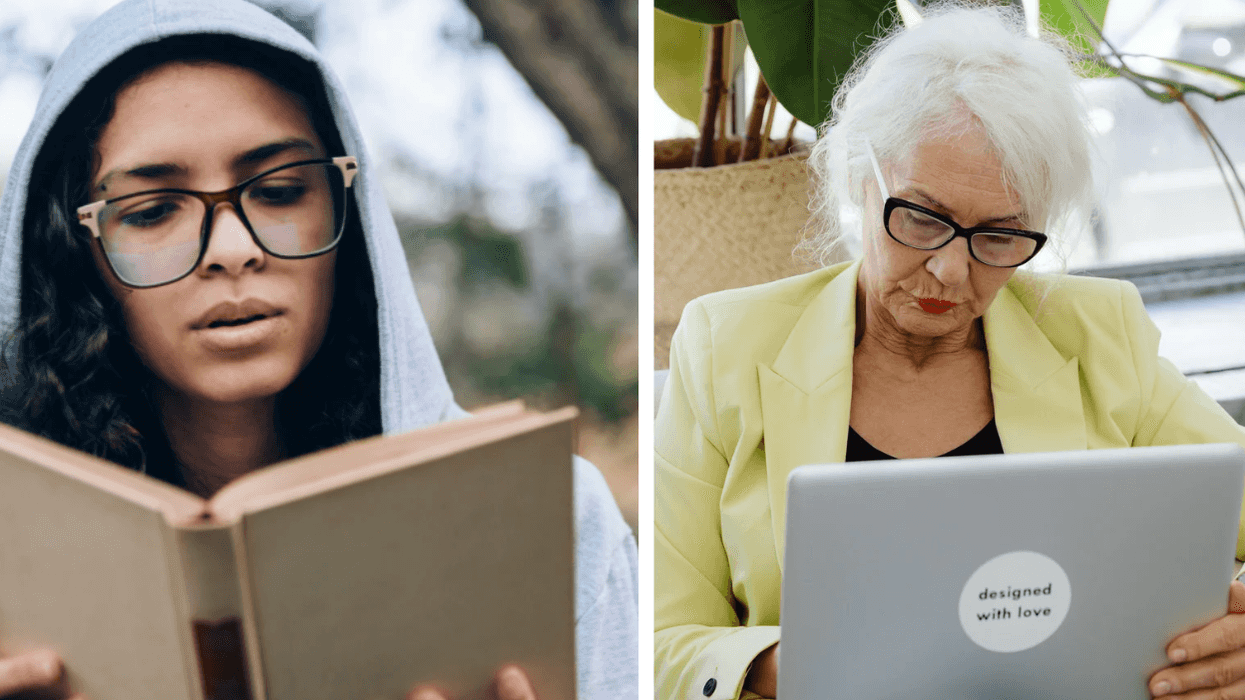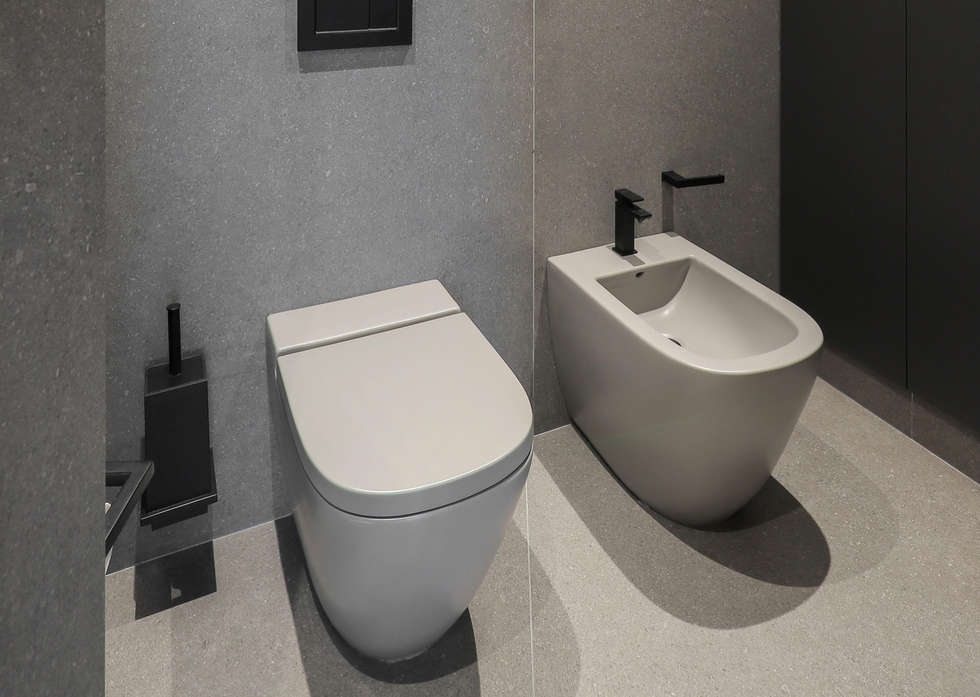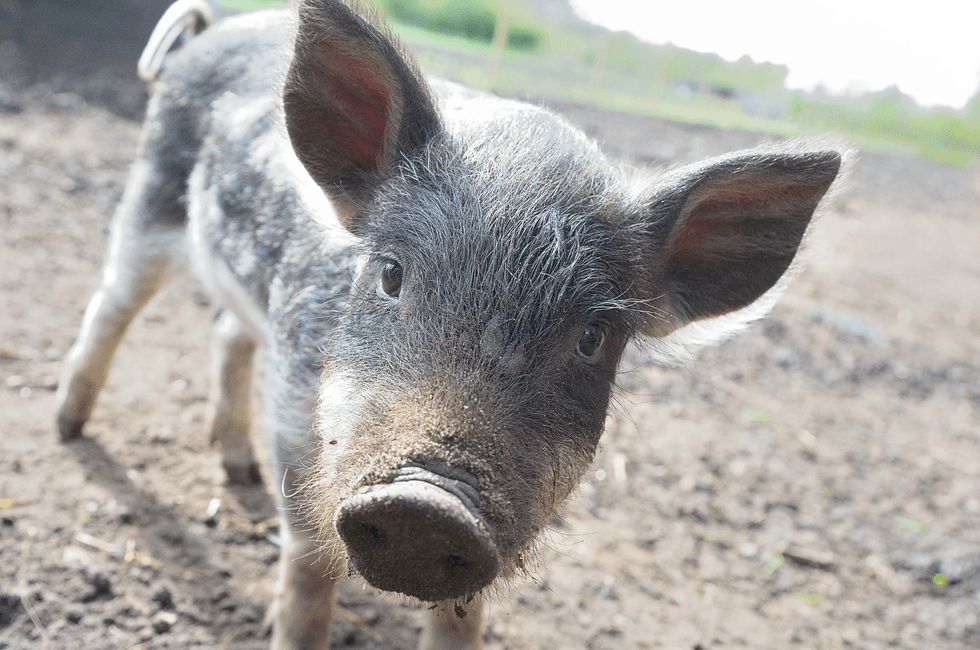“Do I have four eyes? Do I have four hands? Aren’t I a human being? Why can someone with an American passport cross borders so easily, while it is so difficult for me?”
Marco said this as we walked to his friend’s home in Istanbul to pick up a pair of boots he’d left there for safekeeping. The boots were in a cardboard box along with a smattering of pint glasses and other belongings he wouldn’t be taking to Europe. “These are the boots that will take me to Germany,” he said as he laced them on. Until this moment, these had been just a well-loved pair of stylish black boots, perfect for a metal fan. Now they were imbued with a purpose that felt alien to him.
People like Marco, a young Syrian man whose last name I am withholding here for his safety, have been called illegals, refugees, and boat people. A horde, a swarm. They have been likened to cockroaches and dogs, rarely referred to as human beings. This language is not limited to the domain of right-wing politicians and immigration opponents; it so pervasive that it even appears in mainstream media and conversations among well-meaning citizens.
This wasn’t Marco’s first attempt to set out to Europe via Lesbos, Greece, and it wouldn’t be the last. Early last November, he had gotten cold feet and refused to make the journey. A few weeks later—three days before Marco’s next planned attempt to take a boat to Lesbos—he had found himself in the hospital after a panic attack left him unable to breathe. His cousin had recorded a goofy mock PSA featuring a close-up of Marco’s face, mostly obscured by an oxygen mask. “This is what happens when you smoke mint cigarettes,” Marco jokes in Arabic, his eyes widening in mock seriousness for a fraction of a second. Even in the midst of panic, he is cracking jokes.
Marco never wanted to make the perilous journey to Greece, crossing the Aegean on an inflatable raft. But neither did he want to continue working his unfulfilling job at an asphyxiating Istanbul bar night after night, waiting for the Syrian civil war to end, unable to attend university and get on with his life. And, as his cousin wryly reasoned, the chances of dying in a Syrian bomb blast or after military conscription are so much greater than the odds of perishing on this trifling, five-mile section of the journey. One of the few possessions Marco took with him was a copy of Gabriel Garcia Marquez’s Love in the Time of Cholera. He’d wanted The Story of a Shipwrecked Sailor, but the bookstore didn’t have it in Arabic.
The day before Marco tried to board a boat for Lesbos last November, the European Union and Turkey sealed a 3 billion euro ($3.2 billion) deal to keep more than 2 million Syrians in Turkey and out of Europe. The deal gives Turkey the money to “manage” its current migrant population in exchange for swifter negotiations on Turkey’s entrance into the EU.
While this type of financial support has been couched as humanitarian assistance that aims to make life livable for those in limbo in Turkey, “it is mainly security oriented,” according to Ayselin Yıldız, assistant professor of international relations at Yaşar University.
It is easy to accuse Turkey of swapping people for political gain. But it’s important to note that by joining the EU, Turkey can attain for its own citizens the very passport rights denied to Marco and other citizens of refugee-sending countries like Syria, Iraq, Afghanistan, and Somalia. This inability to travel and cross borders freely is the very thing that drives migrants fleeing war and instability to face a perilous sea journey in hope of reaching Europe. As the Turkish government tries to maintain economic stability and deal with crises at its borders, it is acutely aware of the benefits these passport rights can provide its citizens.
But Susan Akram, director of Boston University’s International Human Rights Clinic, notes that the EU deal does not address the root causes of the Syrian crisis—and in actuality makes it worse. “The attitude has been to throw a certain amount of money to contain the refugees in the region so they don’t move on to Europe,” she says. “This is wrong, whether you look at that morally, or as a solution-oriented strategy.”
Turkey is now home to at least 2.5 million Syrians registered as “guests” under the United Nations’ “temporary protection” program, as well as 260,000 registered refugees from other nations, including Iraq, Afghanistan, and Iran. The actual numbers are likely much higher than these estimates. Efforts to contain refugees in Turkey make things worse, in part by forcing a shift to more perilous migration routes. Confronted with increased border controls, smugglers must transport migrants along more dangerous routes and can also extort a higher price for their services.
The containment strategy also leaves migrants literally stranded. Many Syrians do not have access to travel documents and cannot travel legally. Although temporary protection gives Syrians the right to remain in Turkey, their presence has been viewed as a short-term allowance by the Turkish government. “The understanding is: You will wait until the situation gets better in your country, and then go back,” explains Metin Çorabatır, president of the Ankara-based Research Center on Asylum and Migration. But, with no end to the civil war in sight, just when Syrians will be able to return home is unclear.
With so much media attention on the Syrians’ plight, it’s easy to forget that they aren’t the only ones waiting. Refugees from other countries are slated to wait at least eight years for their U.N. resettlement processes to begin, according to Çorabatır. In the meantime, they must remain in Turkey. Refugees forfeit their resettlement cases if they leave the country, nixing the possibility of eventually being resettled elsewhere. The logic behind this policy is that if someone has been granted refugee status, that person’s safety must be so precarious that returning home is impossible. Going home or expressing freedom of mobility means admitting that your case was not desperate enough to warrant U.N. protection.
In the meantime, refugees are not being given the tools and legal support to live sustainable and enriching lives in Turkey while they wait for resettlement or a change in circumstances back home. While the Turkish legal system is shifting to accommodate the massive population influx of those fleeing from violence in neighboring countries, these changes have not yet caught on in practice. Thus, while refugees have some legal rights to education, healthcare, and employment, they are often denied access.
Ali, a middle-aged Iraqi man who had arrived in Turkey about nine months before I met him, told me he’s uncertain whether waiting for resettlement was worth it. He’s registered with the U.N. but is still finding life here difficult. He repeatedly invited me to eat at the Iraqi restaurant where he sporadically worked, and where he also slept because he could no longer pay his rent, about $300 per month. “I can’t afford to treat you to dinner, but if you came to the restaurant I could tell them that you were my daughter who had come to visit from America, and everyone would take care of you,” he told me. Ali has high blood pressure, is at risk for diabetes, and is mentally wrecked from life in Baghdad. But, he reasons, if he’s going to be miserable somewhere, he may as well be miserable back home.
The same day I accompanied Marco to pick up his boots, he, an uncle, a cousin, a documentary filmmaker, and I walked around Aksaray metro station, which has become Istanbul’s second city center, the foil to Taksim Square. If Taksim is about transiting through Istanbul, then Aksaray metro is about transitioning out of the city—far out of it. People, mainly Arabs, come here with duffel bags and backpacks stuffed to the gills to wait for buses and cars that will take them to Izmir. From there, they will find their way to raft and boat launching points far from the resorts that dot the coastal city. Everyone around the metro is aware of its significance. Consequently, there are plenty of supplies for sale. Shoe stores and eateries have expanded their merchandise to include life jackets, flotation devices, and plastic cellphone protectors (whose robustness Marco and his family will later test in a tub in their living room). Sometimes, a man bearing a giant sack of mandarin oranges walks about handing fruit to children waiting with their parents. We left the metro station with black plastic bags filled with supplies for the journey that Marco would be taking with his relatives, including two little girls.
The following morning, around the time Marco and his relatives were supposed to have arrived in Greece, I got a phone call from his cousin, who had stayed behind in Istanbul. The family had been detained by the police, along with about 1,300 others. While the rest of his family headed back to Istanbul after being released, Marco, who is fluent in Turkish, stayed at the detention center for 12 hours, translating for others who needed help. He and his family would try boarding boats three more times, and each time that they were stopped by the police, they’d have to come back to Aksaray to restock, like some nightmare on loop.
About a week after their detention, I was on the phone with Marco while he was on the road to Izmir with his family for the fourth time. “I’m not feeling afraid this time,” he said. His voice was calm. I, too, sensed this attempt would be different.
This time Marco and his family did make it to Greece, where they slept in the streets their first night and began questioning the verity of the European dream that had propelled them across an ocean. From there, they traveled overland to Germany, where they are currently corralled in an overcrowded Berlin refugee camp and are, again, waiting.
I am frustrated. Even as I meet so many brave and hopeful individuals like Marco, who flashes a peace sign when I take a photo of him wearing a life vest that looks like a sandwich board, when I pan out and try to picture the crisis as a whole, I see a pointillist haze of tiny human beings with little autonomy, fleeing from home only to be met with lives over which they have increasingly little say.
Akram doesn’t see the situation in such dire terms. “I think the refugees are affecting events,” she tells me, “in a very odd and backhanded way.”
This is the first time that Europe is experiencing a flood of refugees on this scale, and the more people who travel outside the Middle East into Europe, the greater incentive major players like the United States and Europe will have to push for peace agreements that would put an end to crises in the Middle East. Akram cites the 1990s Balkan crisis, in which population pressures led to the implementation of the Dayton Peace Accords to end strife. Many refugees from those conflicts did ultimately return home.
I have to believe that the refugees’ wait is not passive—that, in fact, Marco, his family, and so many others are part of a powerful and insistent flood of human beings. Risking their lives to cross borders, they bear the weight of their stories. They are a burden that Europe does not want to shoulder, yet they have become a force to be reckoned with through the simple act of being in a place.
Their wait is hugely important and transgressive. They have crossed a border and are demanding that the world give them the means to rebuild their lives and, hopefully, their countries. If this is the spectacle and struggle that it will take for powerful countries to open their borders and expand legal migration from refugee-sending nations—and for the rest of the world to respond in a meaningful, deeply engaged manner—then all I hope is that they keep pushing on, and that many others follow.
















 A car with LED headlightsCanva
A car with LED headlightsCanva




 A collection of toilet paper rollsCanva
A collection of toilet paper rollsCanva A bidet next to a toiletCanva
A bidet next to a toiletCanva A cute pig looks at the cameraCanva
A cute pig looks at the cameraCanva A gif of Bill Murray at the dentist via
A gif of Bill Murray at the dentist via  A woman scrolls on her phoneCanva
A woman scrolls on her phoneCanva
 A confident woman gives a speech in front of a large crowdCanva
A confident woman gives a speech in front of a large crowdCanva